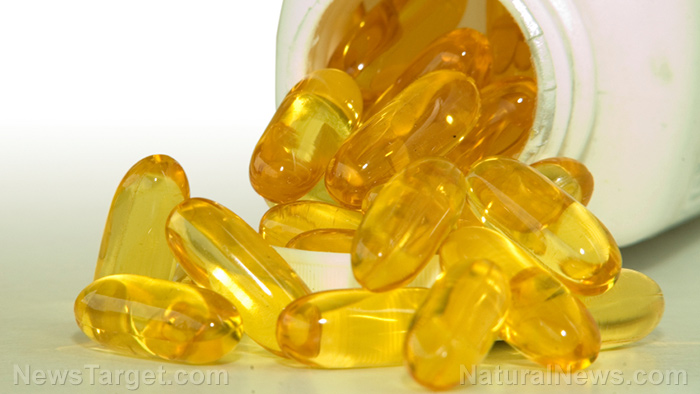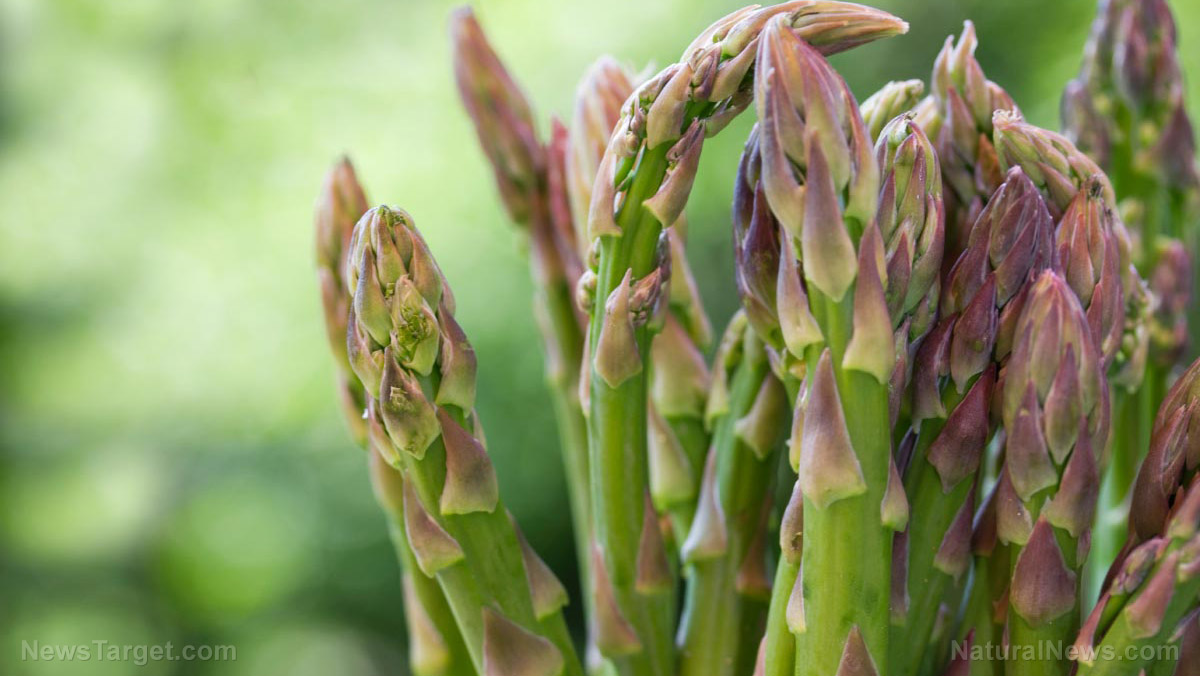
- Scientific research suggests that certain natural compounds – including herbs, nutrients and dietary interventions – may help alleviate behavioral symptoms, improve gut health and support brain function and health in individuals with Autism Spectrum Disorder (ASD).
- Botanical, such as Bacopa monnieri, cannabinoids, curcumin and Ginkgo biloba may support brain plasticity, neurotransmitter function and cognitive health. Green tea extract and piperine from black pepper may also enhance neural communication and reduce oxidative stress.
- Camel milk, probiotics, prebiotics and sulforaphane from broccoli sprouts may help improve gut health, reduce inflammation and positively impact mood and behavior through the gut-brain axis.
- Coenzyme Q10,, magnesium with vitamin B6, methylated B vitamins, N-acetylcysteine (NAC), omega-3 fatty acids, vitamin D and zinc play key roles in brain function, neurotransmission and oxidative stress reduction.
- While very promising, these natural interventions should always be discussed with trusted healthcare professionals to ensure safe, individualized use. Ongoing research continues to explore their potential in ASD management.
Neuroprotective botanicals and nutrients for ASD
Certain plant-derived compounds and nutrients have shown anti-inflammatory, antioxidant and neuroprotective (helping to protect brain cells) effects that benefit individuals with ASD. Bacopa monnieri (brahmi) Bacopa monnieri is an adaptogenic (stress-reducing) herb known for its cognitive-enhancing properties. It contains bacosides, which support synaptic plasticity (the brain's ability to adapt and form new connections), neurotransmitter balance (chemical messengers that help nerve cells communicate) and neural communication. Research suggests it may help regulate behaviors, improve memory and reduce anxiety commonly associated with ASD. Cannabinoids (CBD and CBDV from Cannabis sativa) Cannabidiol (CBD) and cannabidivarin (CBDV) are non-psychoactive cannabinoids that interact with the endocannabinoid system (a network in the body that helps regulate behavior, mood and sleep). Studies suggest that CBD may help reduce aggression, anxiety and repetitive behaviors in ASD, while CBDV has been linked to improvements in sensory processing and social functioning. Curcumin (from turmeric) Curcumin, the active compound in turmeric, has potent anti-inflammatory and antioxidant properties. It modulates neuroinflammation (swelling in the brain), reduces oxidative stress and supports mitochondrial function (the ability of cells to produce energy) – three factors commonly implicated in ASD. Additionally, curcumin has been found to enhance brain-derived neurotrophic factor (BDNF), a protein essential for learning and memory. Ginkgo biloba Ginkgo biloba contains flavonoids and terpenoids (plant-based compounds with antioxidant effects) that improve blood circulation in the brain, enhance cognitive function and support neurotransmitter activity. Research suggests it may help reduce hyperactivity, improve attention span and enhance language skills in children with ASD. Green tea extract (Camellia sinensis) Green tea is rich in polyphenols, flavonoids and L-theanine, which support brain function by reducing oxidative stress, modulating dopamine and serotonin levels (chemicals that influence mood and behavior) and promoting relaxation. L-theanine has been shown to improve cognitive performance, which epigallocatechin gallate (EGCG) may help regenerate Purkinje cells (neurons important for movement and coordination), which are often dysfunctional in ASD. Piperine (from black pepper) Piperine, a bioactive alkaloid in black pepper, enhances neurotransmission (the way brain cells communicate) by modulating calcium ion channels and increasing the bioavailability (absorption) of other nutrients, such as curcumin. Studies suggest it may help improve memory, regulate behavior and reduce hyperactivity in individuals with ASD.Gut-brain axis and dietary interventions
The gut-brain connection plays a significant role in ASD, as many individuals experience gastrointestinal issues and altered microbiome (gut bacteria) composition. Certain natural interventions may help restore gut balance, leading to potential improvements in behavioral and cognitive symptoms. Camel milk Camel milk contains unique bioactive peptides (small protein molecules), immunoglobulins (antibodies that support the immune system) and antioxidants that support gut health and immune regulation. It has been shown to reduce oxidative stress, lower inflammation and improve behavioral symptoms in children with ASD, likely by modulating inflammatory cytokines (proteins involved in immune responses) and promoting gut microbiome diversity. Probiotics and prebiotics Many individuals with ASD experience gut dysbiosis (an imbalance of good and bad bacteria), which may contribute to neurological symptoms. Probiotic strains, such as Lactobacillus rhamnosus GG and Bifidobacterium longum help restore microbiome balance, while prebiotics (such as inulin) nourish beneficial bacteria. This gut-brain interaction may positively influence cognition and mood and social behavior. Sulforaphane (from broccoli sprouts) Sulforaphane, a sulfur-rich compound found in cruciferous vegetables, activates the Nrf2 pathway (a system that helps the body defend against stress and inflammation). Clinical trials have demonstrated that sulforaphane supplementation can improve communication, reduce repetitive behaviors and enhance social responsiveness in individuals with ASD.Essential nutrients and antioxidants for brain health
Certain antioxidants, minerals and vitamins are essential for brain function and health and may help address nutritional deficiencies commonly seen in ASD. Co-enzyme Q10 (CoQ10) CoQ10 is a vital antioxidant that supports mitochondrial function (cellular energy production), which is often impaired in individuals with ASD. Supplementation has been linked to improvements in cognitive function, fatigue reduction and overall neurological health. Magnesium (with vitamin B6 for synergy) Magnesium plays a crucial role in nerve signaling, relaxation and sensory processing. Deficiencies are linked to increased anxiety, hyperactivity and sleep disturbances in ASD. When combined with pyridoxine (vitamin B6), it enhances neurotransmitter synthesis (chemical messengers in the brain), potentially improving behavioral regulation and emotional stability. Methylated B vitamins (B6, methylfolate and methylcobalamin) Many individuals with ASD have issues with methylation (a process important for detoxification and brain function). Methylated forms of B vitamins, such as methylfolate (B9) and methylcobalamin (B12) may support cognitive function, language skills and overall neurological health. N-acetylcysteine (NAC) NAC is a precursor to glutathione (the body's master antioxidant), which is often depleted in individuals with ASD. Studies suggest NAC may help regulate glutamate levels (a neurotransmitter linked to learning and memory), reduce irritability and improve social interactions. Omega-3 fatty acids (DHA and EPA) Healthy omega-3s, particularly DHA (docosahexaenoic acid) and EPA (eicosapentaenoic acid) are essential for brain development and function. Research indicates that omega -3s enhance neuroplasticity (the brain's ability to adapt), reduce inflammation and support attention, mood stability and social communication in individuals with ASD. Vitamin D Vitamin D plays a vital role in immune regulation, neurotransmitter production and neurodevelopment (brain growth and function). Low levels of vitamin D have been linked to increased ASD risk and more severe symptoms. Supplementation may help improve cognitive function and social behavior. Zinc Zinc is an an essential mineral involved in brain development, immune function and neurotransmitter regulation. Studies suggest that zinc supplementation may help improve attention, reduce hyperactivity and enhance overall neurological health and function in individuals with ASD.Looking ahead: The future of natural compounds for ASD
While these natural compounds show promise, it is important to remember that scientific research is ongoing and not all remedies will work for every individual with ASD. Before trying any new supplement or dietary change, always consult with a trusted healthcare professional to ensure safety, appropriate dosing and compatibility with other treatments. The natural world continues to provide a treasure trove of bioactive compounds that may complement conventional ASD management. As more research unfolds, these nature-derived solutions could help shape future therapeutic strategies, offering hope for individuals and families navigating the challenges of autism. Learn more about natural treatments for ADHD and autism by watching this video. This video is from the Daily Videos channel on Brighteon.com.More related stories:
CoQ10 helps heal neurodegenerative disease: Study. Omega-3 fatty acids and mood disorders: How omega-3s can help fight depression. The gut-brain connection: Study suggests the gut microbiome could be key to solving the autism puzzle. Sources include: OnlineLibrary.Wiley.com PMC.NCBI.NLM.NIH.gov 1 MDPI.com 1 FrontiersIn.org MDPI.com 2 PMC.NCBI.NLM.NIH.gov 2 PMC.NCBI.NLM.NIH.gov 3 PubMed.NCBI.NLM.NIH.gov PMC.NCBI.NLM.NIH.gov 4 ScienceDirect.com 1 PMC.NCBI.NLM.NIH.gov 5 PMC.NCBI.NLM.NIH.gov 6 PMC.NCBI.NLM.NIH.gov 7 ScienceDirect.com 2 Brighteon.comIdaho Gov. Brad Little vetoes Medical Freedom Act
By Laura Harris // Share
Mark Zuckerberg’s Meta allegedly trained AI on millions of stolen books from “shadow libraries”
By Laura Harris // Share
How to stay motivated when prepper burnout strikes during stressful times
By Zoey Sky // Share
The revolution begins: HHS mass layoffs are a necessary purge of government bloat
By Willow Tohi // Share
Rice: History, nutrition and how to choose the healthiest varieties
By Laura Harris // Share
All about asparagus: History, nutrients and surprising benefits
By News Editors // Share
Global pedophile ring "Kidflix" shut down in landmark Europol operation
By willowt // Share
Trump administration SUSPENDS federal grants to Princeton University amid antisemitism probe
By ramontomeydw // Share
U.S.-China trade war escalates amid fentanyl crisis and rising geopolitical tensions
By bellecarter // Share
Idaho Gov. Brad Little vetoes Medical Freedom Act
By lauraharris // Share
Top German general admits that CONSCRIPTION is "absolutely" necessary to combat Russia
By ramontomeydw // Share










